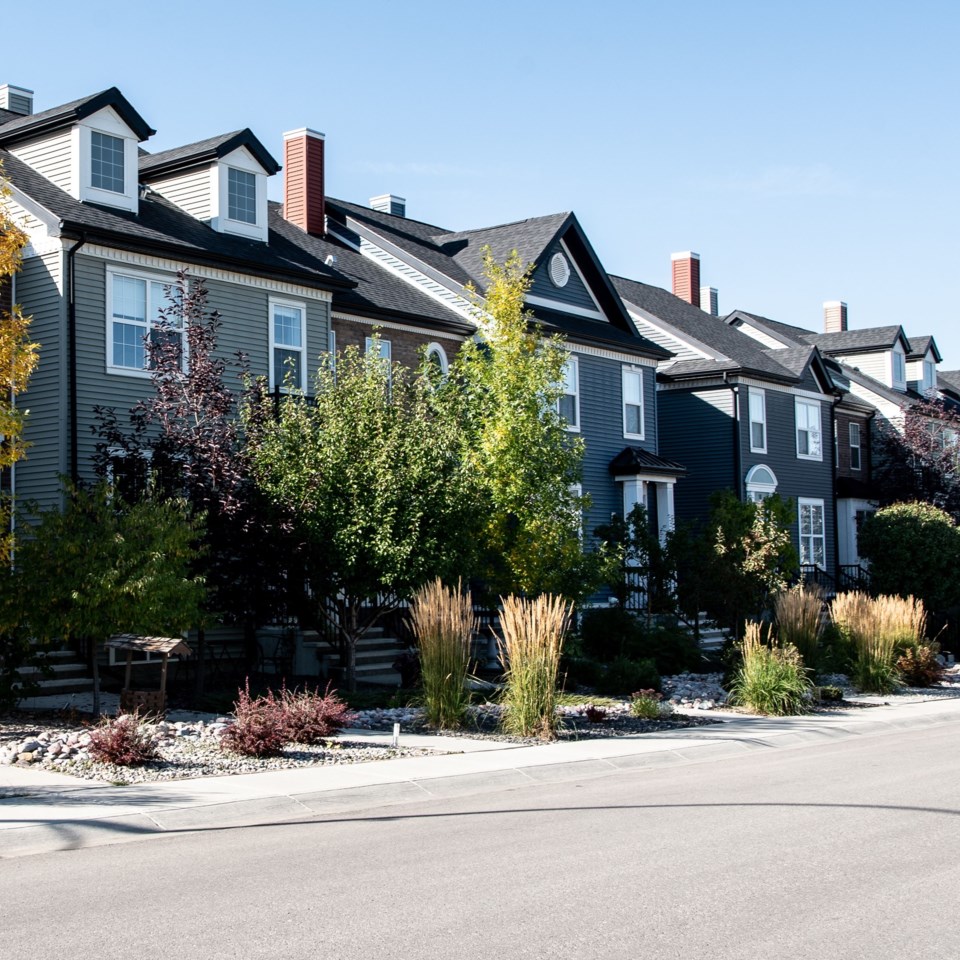The return of nineteenth-century inheritance culture, staggeringly common rates of core housing need, and half of young Canadians fearing eviction: several surveys and analyses released in recent weeks reveal the extent of Canadians’ housing struggles.
More than 17 per cent of renters were in core housing need in 2021, according to an analysis from Statistics Canada (StatCan). A person is considered in core housing need if their home falls below one or more standards for adequacy, suitability, or affordability.
Rates of core housing need for renters living in poverty were more than three times higher when compared to the total renter population. The StatCan report found that there had been a slight decline in the unaffordable housing rate for renters living in poverty since 2016. However, this was likely because of increases in government transfers like COVID-19 benefits that temporarily lifted more people out of poverty.
The StatCan analysis comes from the 2021 federal census. A Leger survey commissioned by Habitat for Humanity Canada suggests the situation for Canadian households has gotten even worse in the last two years.
According to the 2023 Affordable Housing Survey, half of Canadians are spending 50 per cent or more of their income on housing costs. In Canada, housing is considered unaffordable if shelter expenses account for more than a third of one’s income.
Fifty-eight per cent of respondents also said they worried about having to forego food, living essentials, clothing, or education to keep up with rent or mortgage payments.
“This year’s survey revealed that Canadians continue to worry about their ability to afford housing in this country, not only for themselves, but also for their children,” Julia Deans, President and CEO of Habitat for Humanity Canada, said in a news release.
For younger Canadians aged 18-34, almost two-thirds reported half of their income or more went to housing costs, and half of respondents aged 18-24 said they worried about getting evicted because they couldn’t cover rent or mortgage payments.
The overwhelming majority believed owning a home creates more stability, improving everything from one’s financial future to mental and physical health. At the same time, more than 90 per cent recognized there is a shortage of affordable housing in Canada, and the goal of home ownership is becoming less achievable.
Among the main worries people expressed was whether their children would be able to afford a home in the future.
If you already own your home, you can be more confident that your kids someday will too, according to a report from StatCan. People born in the 90s whose parents owned their home were twice as likely to be homeowners themselves in 2021. Children of people that owned multiple homes were three times as likely to own their own home.
The report noted the percent of first-time buyers who received a financial gift from family rose in recent years, as has the average amount of those gifts, leading to heightened concerns about “inheritance culture” and intergenerational inequality.
“Inequality of homeownership appears to be reproduced across generations as parents’ property ownership conveys significant financial advantages to their children,” the report said.



